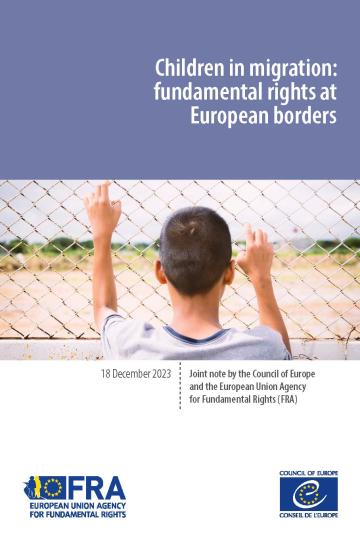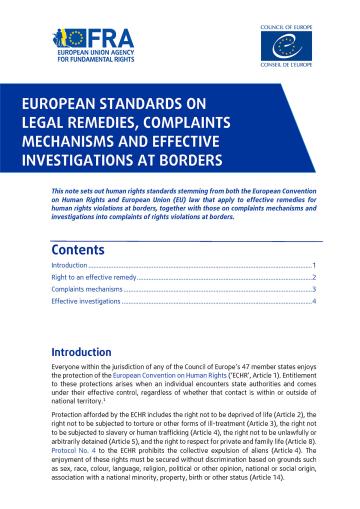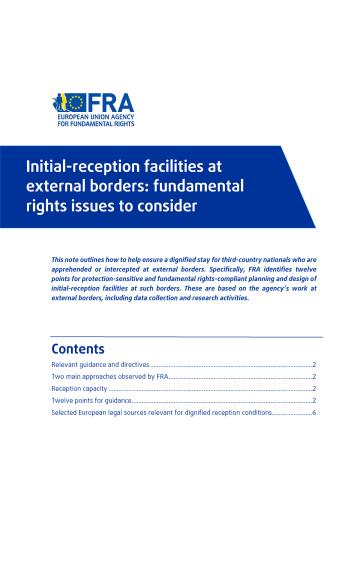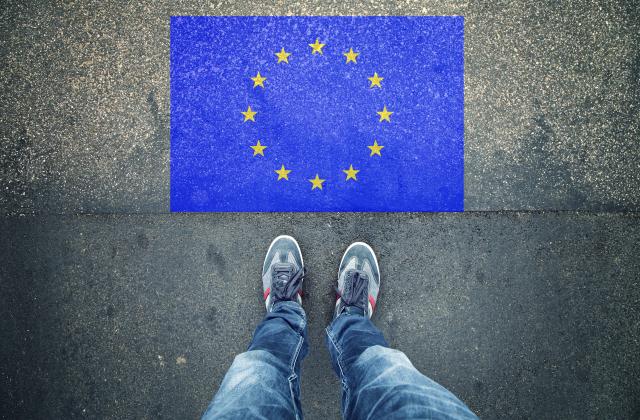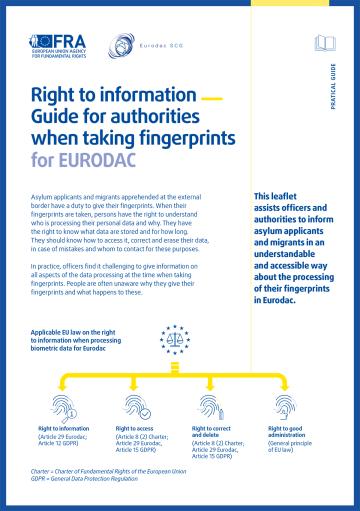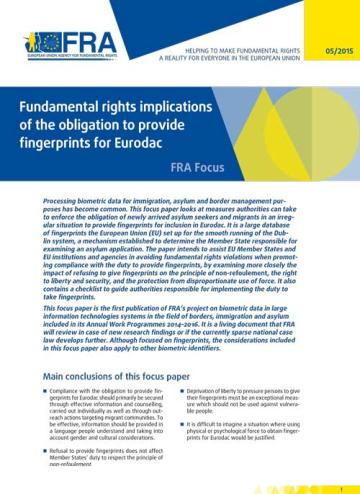Monitorowanie przestrzegania praw podstawowych w kontekście działań państwa prowadzonych na granicach lub w ich pobliżu jest kluczowym narzędziem ochrony praw podstawowych.
Skuteczny i niezależny system monitorowania praw podstawowych ma charakter prewencyjny, ponieważ zmniejsza ryzyko naruszeń praw podstawowych. Zwiększa również ochronę ofiar naruszeń praw podstawowych, wzmacniając stosowanie już istniejących gwarancji praw podstawowych oraz, w razie potrzeby, zapewniając porady eksperckie. Wspiera również krajowe dochodzenia w sprawie zarzutów przeciwko organom publicznym, zapewniając obiektywną, opartą na dowodach i bezstronną analizę i sprawozdawczość. Zwiększa to przejrzystość i rozliczalność, a tym samym zaufanie do organów publicznych.
W art. 10 rozporządzenia w sprawie kontroli przesiewowej (rozporządzenie (UE) 2024/1356) i art. 43 ust. 4 rozporządzenia w sprawie procedury azylowej (rozporządzenie (UE) 2024/1348) na państwa członkowskie nakłada się obowiązek zapewnienia niezależnego mechanizmu monitorowania przestrzegania praw podstawowych podczas kontroli przesiewowej nowo przybyłych osób i oceny wniosków o udzielenie azylu na granicach zewnętrznych. Rozporządzenia wejdą w życie w połowie 2026 r., a ich główne przepisy przedstawiono w ramce na kolejnych stronach.
Agencja Praw Podstawowych Unii Europejskiej (FRA) przygotowała niniejsze wytyczne zgodnie z wymogami art. 10 ust. 2 rozporządzenia w sprawie kontroli przesiewowej.





